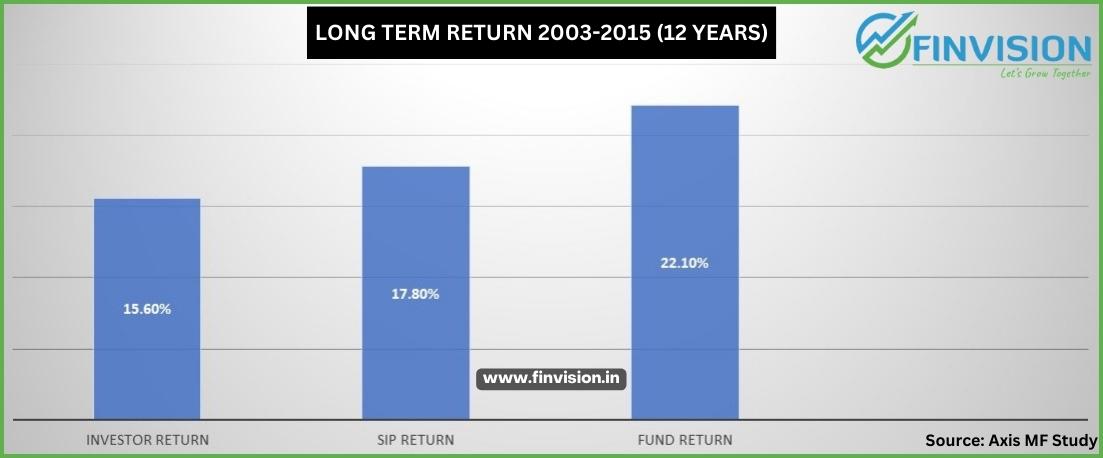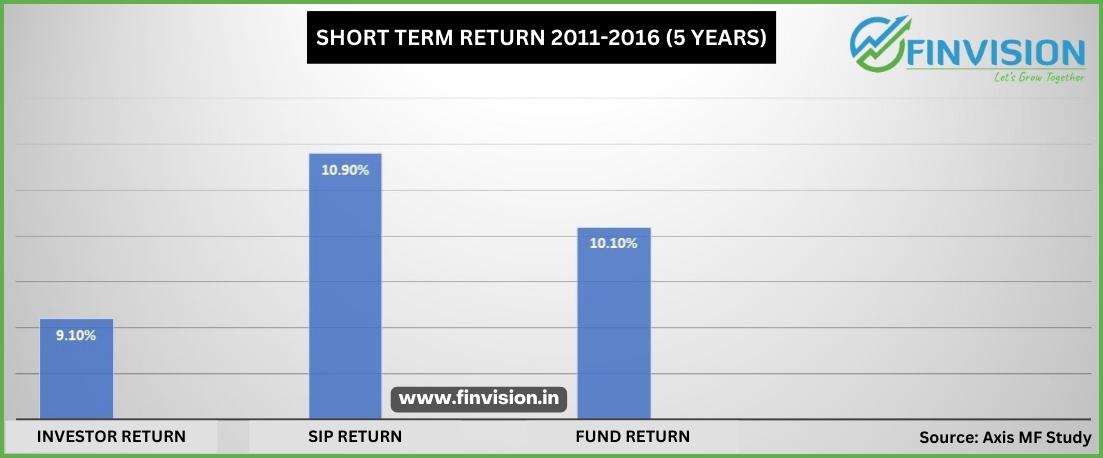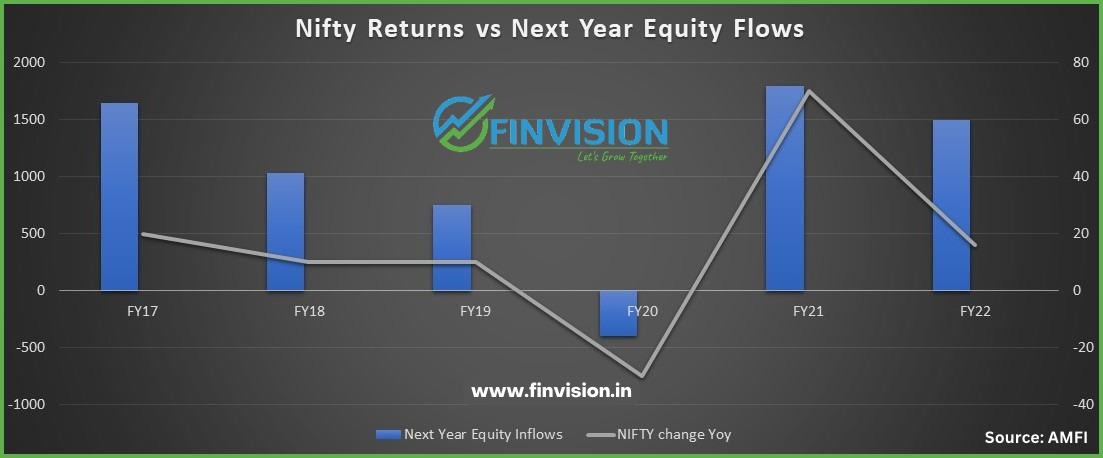







Behavioural Finance! What is it, and how is it impacting your investments? Behavioral finance is an area of study that looks at the relationship between behavioral psychology and conventional finance and seeks to understand the factors behind irrational financial decisions.
Common investor behaviors that have detrimental effects on your finances:
1. Confirmation bias: It is the tendency of people to consider information that favors their beliefs and ignore the ones that contradict them. For example: if someone believes strongly that a balanced diet is good for their health, they are quite likely to find information online that confirms their beliefs, and vice-versa. The same applies to investing; when we believe that a particular stock is going to perform well in the future, we naturally find information that supports our belief.
2. Anchoring Bias: Anchoring bias is seen when we value a security based on the price, we paid for it or relative to a specific event, such as All Time High or All Time Low. For example: If we ask you, “How do you think TCS stock is going to perform after 6 months?” What would you do? Most people will say, “Okay, what is the price of TCS today?” Then, based on where it is today, they will assume how it is going to perform after 6 months. This is an example of anchoring bias. wherein we are starting with a price today and making our assumption based on that anchor.


3. Hindsight Bias: Hindsight bias happens when we make future decisions based on past events. Hindsight is a beautiful thing, but if only we knew then, what we know now. Regret is the feeling that an opportunity has been missed, and it is typically an expression of hindsight bias. It’s important to not let hindsight bias cloud our minds while investing. For example, after seeing a football match, you might insist that you knew that the winning team was going to win beforehand.
4. Self Attribution Bias: This bias happens when people take credit for their successes and blame external factors and others for their failures. The illusion of knowledge and self-attribution biases, in turn, contribute to the overconfidence bias. For example: when investors make gains in their stock investments, they attribute their profits to their own knowledge and acumen. However, when they make losses, they blame it on external factors like govt policies, general downtrend, bad market sentiment, etc.
5. FOMO (Fear of Missing Out): Lately, investing has become increasingly easy. The barriers to entry have become lower with the introduction of the internet and many easy-to-use investing apps hitting the market, not to mention various people posting YouTube videos and tips regarding investments on the internet. Of course, there are positive effects of this changing landscape in the investing world. However, a sense of urgency is created amongst the public that if they don’t invest now, they could be missing the “hottest stocks or funds or IPOs”
6. Herd Mentality: Herd behavior happens when investors follow others rather than making considered decisions based on their financial goals, risk appetite, and investment horizon. This happens because making decisions that are different from the crowd scares people. Why? Because everyone says, “ABC Ltd is highly valued” they fear that they might be wrong in thinking “ABC Ltd may NOT be expensively valued”. They may also fear being embarrassed if they go ahead with their choice if it turns out to be wrong.
7. Loss aversion bias: Tendency of investors to focus more on trying to avoid a loss than on making gains due to the fear of loss. Research on loss aversion shows that investors feel the pain of a loss more than twice as strongly as they feel the enjoyment of making a profit. For example, the pain of losing ₹500 is often far greater than the joy felt in gaining the same amount. A disciplined approach to investment based on fundamental analysis is an effective way to alleviate the impact of the loss-aversion bias.
To sum up: Though important, it’s difficult to separate psychology from financial decision-making. An increased understanding and awareness of the above shared behavioral biases and prudent advice helps improve awareness and the making of better financial choices.
Behavioral bias doesn’t seem like much of a problem, but it can be a big obstacle to your financial journey. A single bad investment may destroy your wealth. Contact #TeamFinvision to successfully deal with these biases and make smart, data-based investment decisions.
Serving customised Financial/ Retirement Planning, Investment, Insurance and Tax solutions to Armed Forces Fraternity contact us +91-7508055826/ 9654341212 or email us at info@finvision.in











